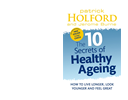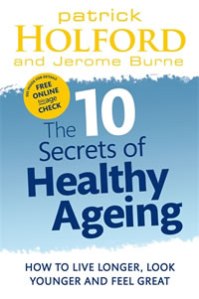Why am I here
Which brings us to the purpose of this blog. The first is to contribute to dispelling the myth that drug use is nearly always evidence based. Despite the courageous campaigning against the regular distortion of drug data by Healy and others such as Marcia Angell, a Senior Lecturer in Social Medicine at Harvard Medical School and former Editor in Chief of The New England Journal of Medicine, the majority of doctors and patients believe that drug treatments are generally evidence based.
Examples of evidence-free medical practise crop up all the time but they are rarely put into any kind of context. In fact they usually form part of a pattern such as the hiding of original data on both SSRIs and Tamiflu. One aim of the blog is make connections between the difference sort of evidence free prescribing
Another current example of a repeating pattern is the practice of prescribing drugs “off label”, that is without a license. It’s widely done but it can be dangerous and there is no control of it. The SSRIs Healy was originally investigating were prescribed to children off label and so are the antipsychotics – heavyweight tranquilisers – widely given to Alzheimer’s patients for the last six or seven years. This week a Canadian study found 11% of their drugs were prescribed off label, the majority only weak scientific justification.
But the point is not just to pile up evidence of bad medicine. The belief that pharmaceutical medicine is all evidence based has a wider effect. It means that there is huge official resistance to any of the life-style option for either preventing or treating disease. There’s lip-service paid to five a day but at the same time fast food companies get to sponsor the Olympics.
If you’ve got evidence-based statins to prevent heart disease and a range of evidence-based drugs to treat diabetes, why bother getting serious about any other appraoch? As a result the reality of the “five a day” advise about prevention becomes five drugs a day more – the amount being taken by half of those over 65.
I want to know what works
The knock on effect of that is that even when non-drug treatments are shown to be effective in a trial there is rarely any follow up. What has happened since a randomised controlled trial showed it was possible to reduce memory diminishing brain shrinkage with high doses of B vitamins is recent example. Partly it’s because it isn’t profitable but also because there’s a feeling that real medicine is evidence based and that means drugs.
The irony is that the end result of this approach is a guarantee that the older you get the less your treatments will be evidence based. That’s because as you age your risk of various disease rises and each will usually be treated with several drugs. By 70 you could be on ten or more drugs. Taking multiple drugs is known as polypharmacy and no companies run gold standard randomised trials to find out who benefits and what the side-effects are.
As ever the purpose of my blog is personal. I want to find a way out of this bind and to do that I want to find out much more about what lifestyle interventions work and which don’t.



[…] medicines for patients, an exemption principally designed to allow doctors to prescribe off-label. Ever since, there has been pressure on the UK to reform the herbalist’s exemption in British […]